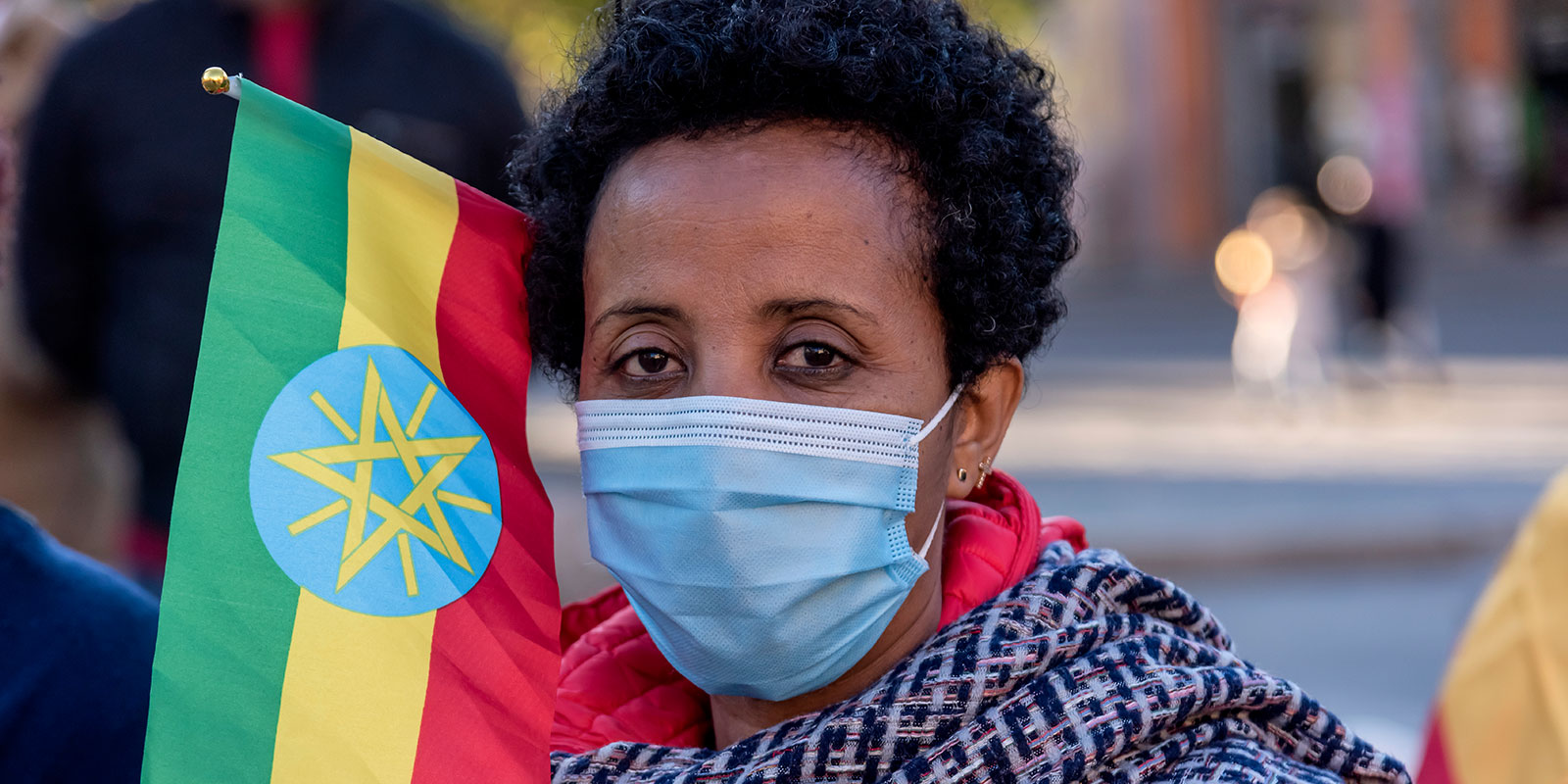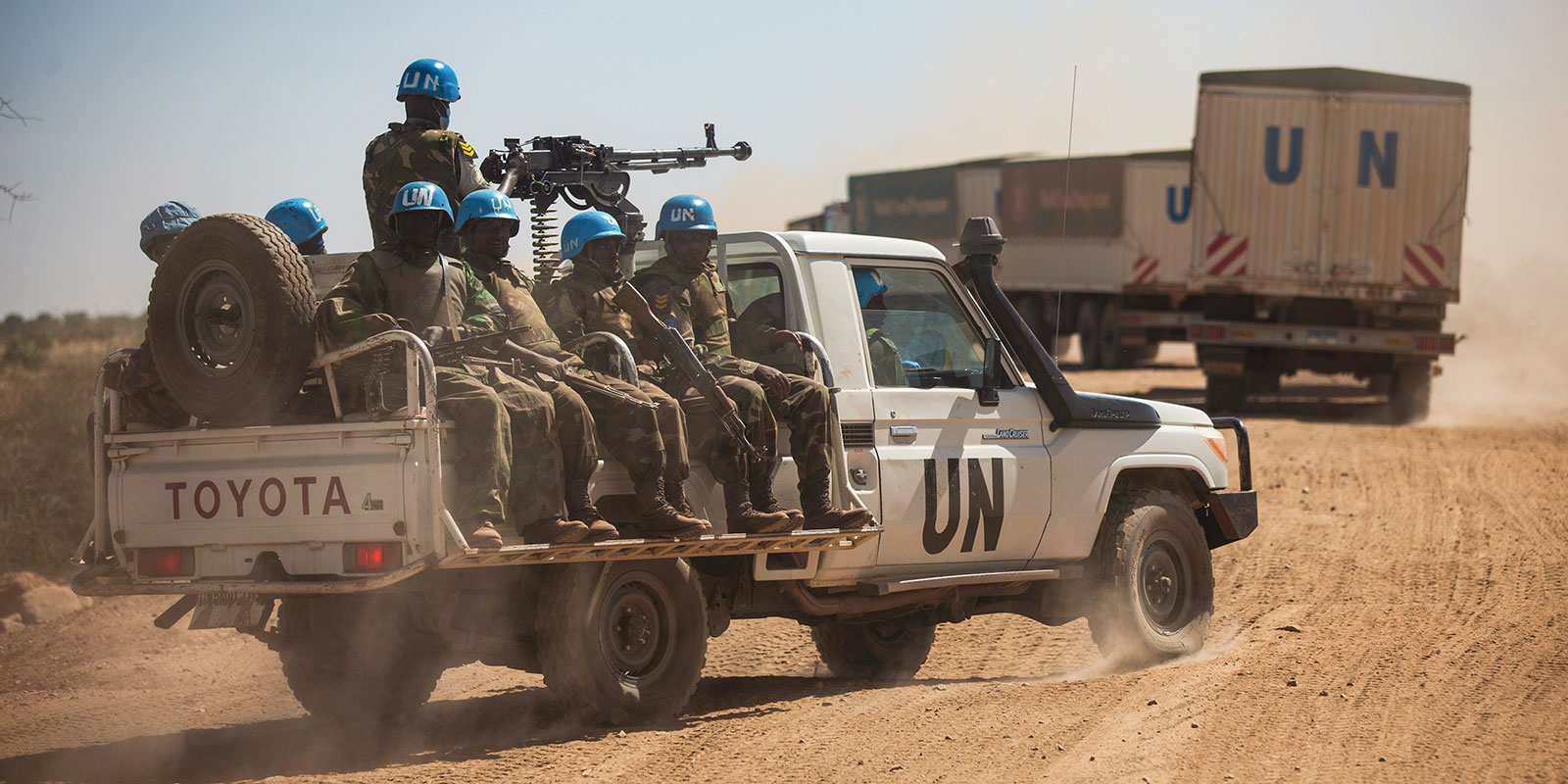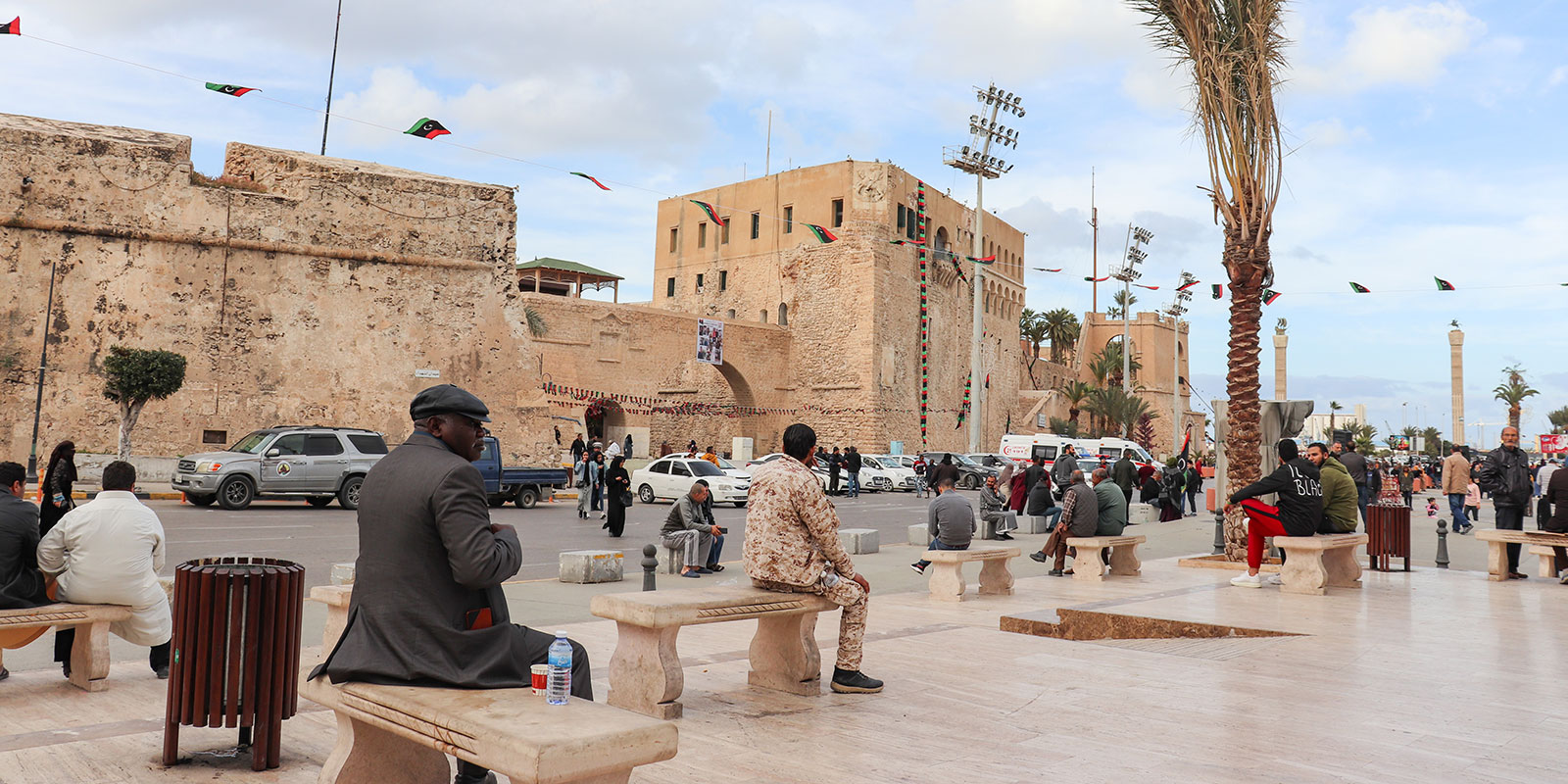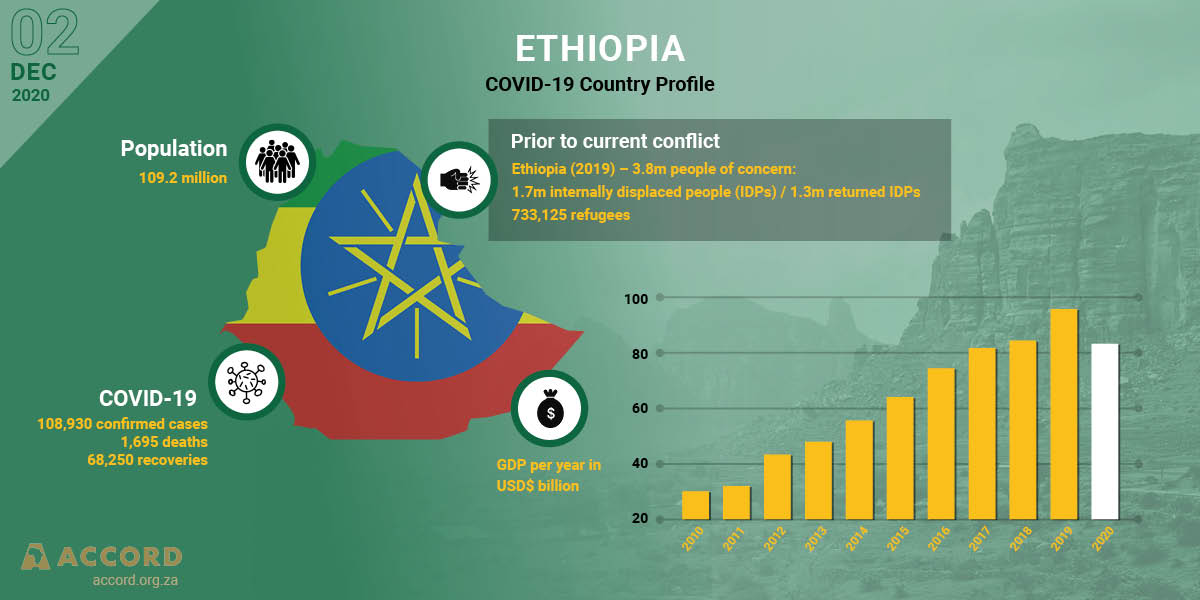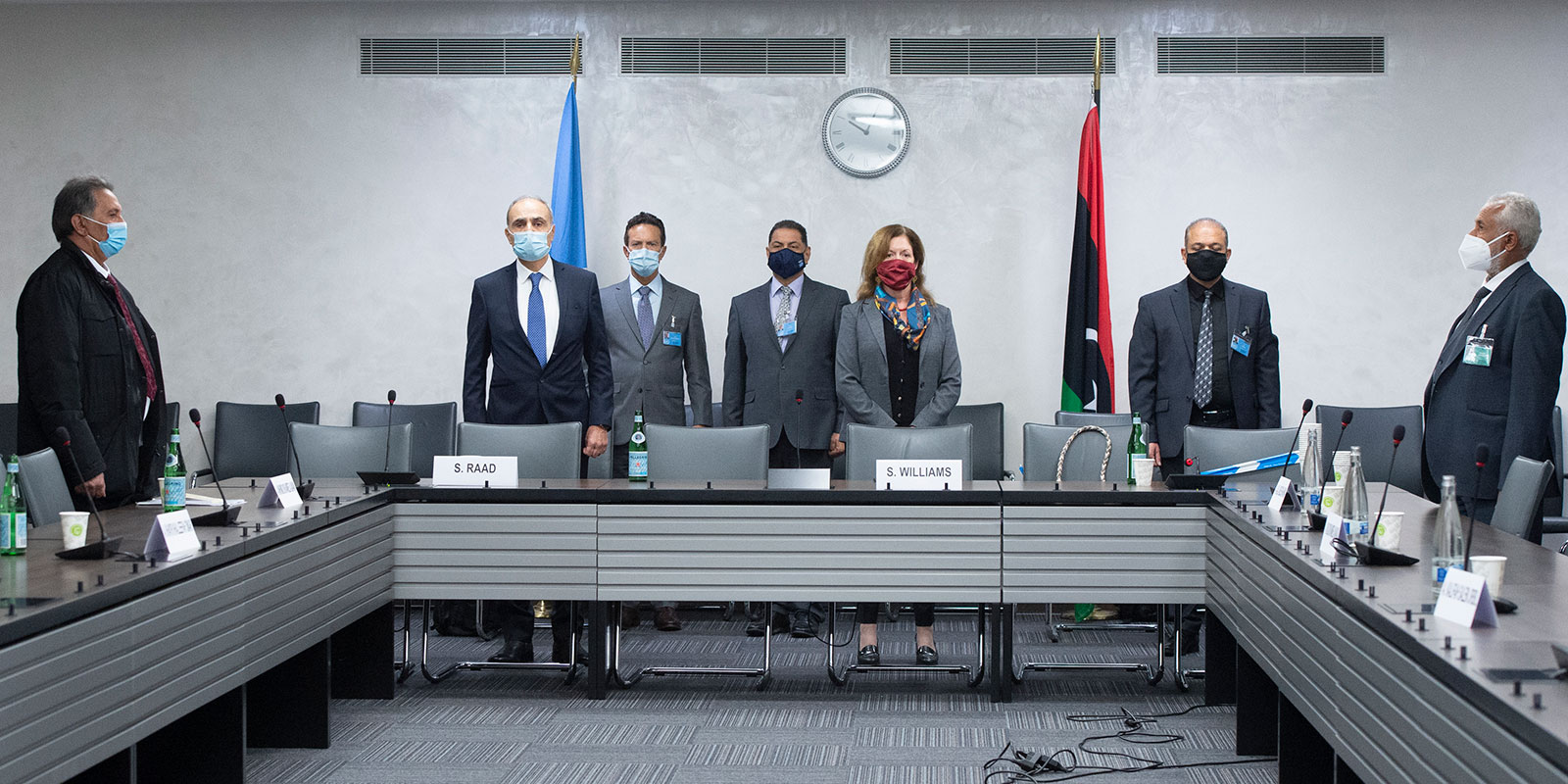This week’s Monitor features Ambassador RamtaneLamamra, the AU High Representative for Silencing the Guns in Africa, who calls for – and emphasises the fact that – the vision to silence the guns in Africa requires a holistic and multi-pronged approach that involves all key sectors, in particular women and youth. Ambassador Ahmed Abdel-Latif reflects on the human toll of COVID-19 in North Africa, including the measures taken to strengthen societal and economic resilience in the face of the pandemic.
The overall context and implications of the ongoing tensions in Ethiopia, which originated with the decision to postpone the elections due to COVID-19, is analysed by Patrick Wight. The Monitor ends with an analysis by Dr Andrea Prah and Keenan Govender on the extent to which various groups have responded to the call by the UN – and subsequently the AU – for the cessation of hostilities in order for states to focus on combating COVID-19.

